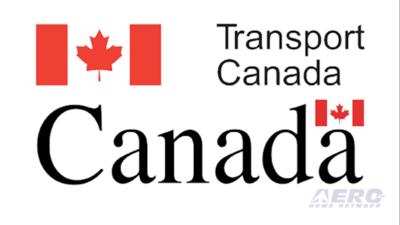Tue, Feb 21, 2017
Advertisement
More News
 Airborne 10.15.25: Phantom 3500 Confounds, Citation CJ3 Gen2 TC, True Blue Power
Airborne 10.15.25: Phantom 3500 Confounds, Citation CJ3 Gen2 TC, True Blue Power
Also: Kodiak 100 Joins USFS, Innovative Solutions & Support Renamed, Gulfstream Selects Honeywell, Special Olympics Airlift The Phantom 3500 mockup made an appearance where the>[...]
 Updated: Gryder Arrested On Gun Charge, Cites Georgia Stand Your Ground Law
Updated: Gryder Arrested On Gun Charge, Cites Georgia Stand Your Ground Law
Incidents Allegedly Occured As Described in Police Report(s) 25-005809 and 25-005818 The name ’Dan Gryder’ is fairly well known to many in aviation.... Whether you like>[...]
 Aero-News: Quote of the Day (10.18.25)
Aero-News: Quote of the Day (10.18.25)
“Recent U.S. government policy updates emphasizing investment in domestic drone manufacturing align perfectly with our joint venture objectives, positioning us to meet critic>[...]
 ANN's Daily Aero-Term (10.18.25): Final Approach Point
ANN's Daily Aero-Term (10.18.25): Final Approach Point
Final Approach Point The point, applicable only to a nonprecision approach with no depicted FAF (such as an on airport VOR), where the aircraft is established inbound on the final >[...]
 Classic Aero-TV: Eyeing the Hawk
Classic Aero-TV: Eyeing the Hawk
From 2023 (YouTube Edition): The Best of the Eighties in the Early Twenties It can be argued with confidence that the father of the Ultralight aircraft from which the Light-Sport A>[...]
blog comments powered by Disqus




